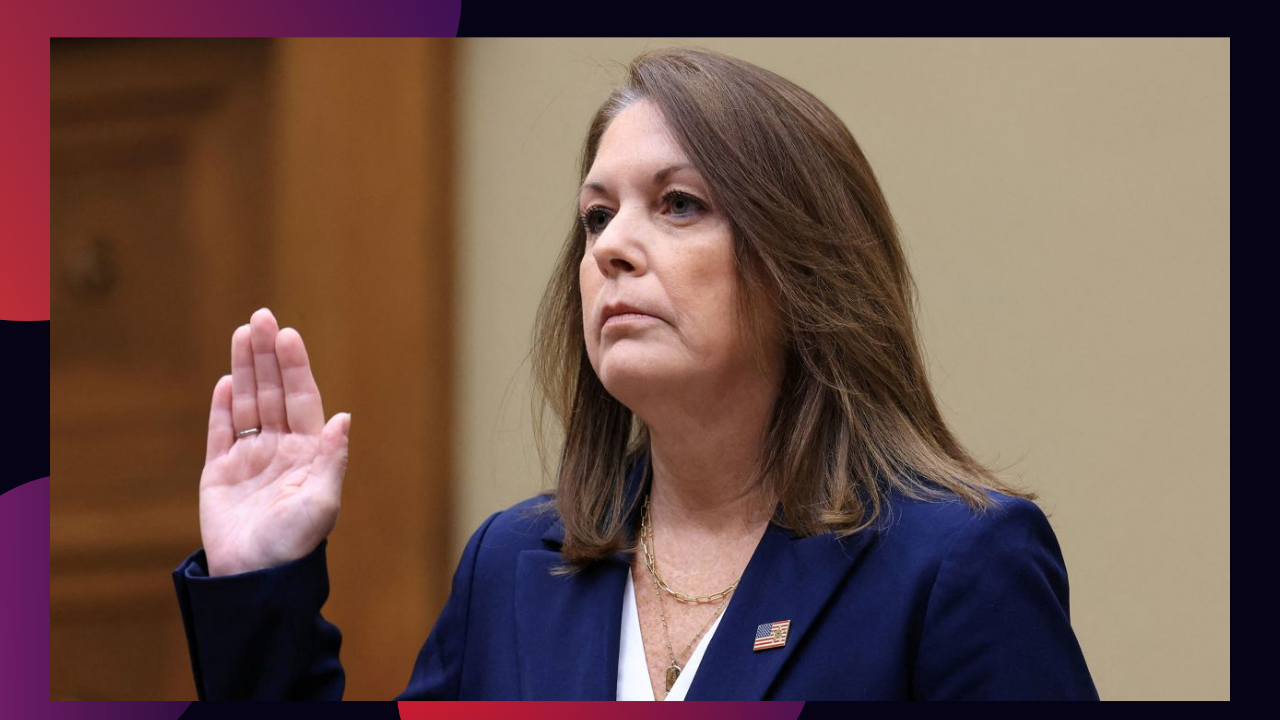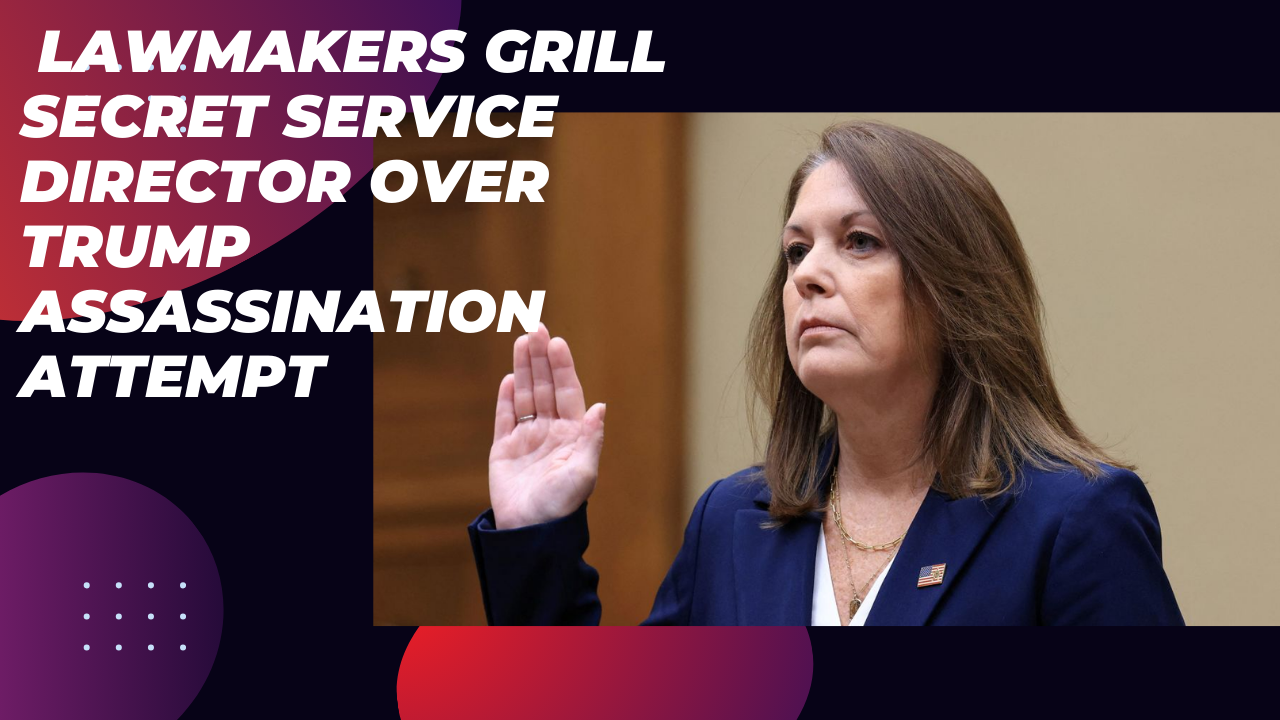The U.S. Secret Service chief was recently called before a congressional committee, and the questioning of him over the agency’s reaction to the attempt on the life of former President Donald Trump has garnered a great deal of attention. Here is a thorough rundown of the occasion:
Hearing Context:
The hearing was conducted in response to growing worries about public officials’ safety, especially those of former presidents and political contenders. The success of the Secret Service’s safety procedures and safeguards was called into doubt after Trump was the target of an assassination attempt while he was president. The goal of the lawmakers’ investigation was to learn more about the incident’s circumstances, the agency’s response, and any subsequent actions.

More Detalis
Important topics covered:
- Specifics of the Attempted Assassination:
- Lawmakers questioned the timing, means, and location of the attempted assassination in order to get more information.
- The director presented a chronology of events, describing how the Secret Service learned about the threat and what steps were taken right away to protect Trump.
Evaluation of Reaction:
- Congressmen voiced doubts about the sufficiency and timeliness of the Secret Service’s response.
- The director emphasized the intricate nature of threats against public figures while defending the agency’s response and acknowledging the difficulties it experienced throughout the episode.
ABC News
Procedure and Instructions:
- Congressmen questioned Secret Service officers about their training in case they were targeted for assassination.
- The director gave an explanation of the stringent training initiatives in place, which include cooperation with local law enforcement and simulations of potential attack scenarios.
Funding and Resources:
- It has been questioned if the Secret Service has enough money and resources to properly carry out its mandate.
- In order to protect its clients, which include past presidents and prospective presidential contenders, the organization regularly assesses its spending and resource allocation, according to the director.
Recommendations for Law:
- A few legislators have suggested possible legislative amendments to strengthen the Secret Service’s powers and ensure better protection for public figures.
- The idea that the director and Congress would collaborate to determine and implement the necessary changes was well appreciated.
Concerns for Public Safety:
- Given the divisive political environment and the rise in threats against public servants, lawmakers also discussed the wider consequences for public safety.
- The agency’s dedication to safeguarding every person under its control and the significance of public collaboration in disclosing suspicious activity were both reaffirmed by the director.
-
Partisan Tensions and Reactions to the Hearing:
- The hearing brought to light partisan differences, as some lawmakers criticized the Secret Service’s operations while others supported the agency’s initiatives.
- The political divisions that still exist around Trump and his presidency are reflected in this conflict.
Media Coverage:
The hearing attracted a lot of interest from the media, which mostly covered its implications for political figure protection and national security.
Public Attitude:
The public’s response was mixed, with some voicing worries about politicians’ safety and others doubting the efficacy of the Secret Service.
In summary:
Lawmakers were able to express their concerns on the Secret Service’s handling of the Trump assassination attempt during the congressional hearing. The agency is still facing difficulties in protecting public figures; therefore, conversations regarding funding, education, and legislative backing are essential to guaranteeing the security of all those in positions of authority. In addition to bringing attention to the particular incident, the hearing also raised more general concerns about the safety of elected leaders in a politically unstable climate.
